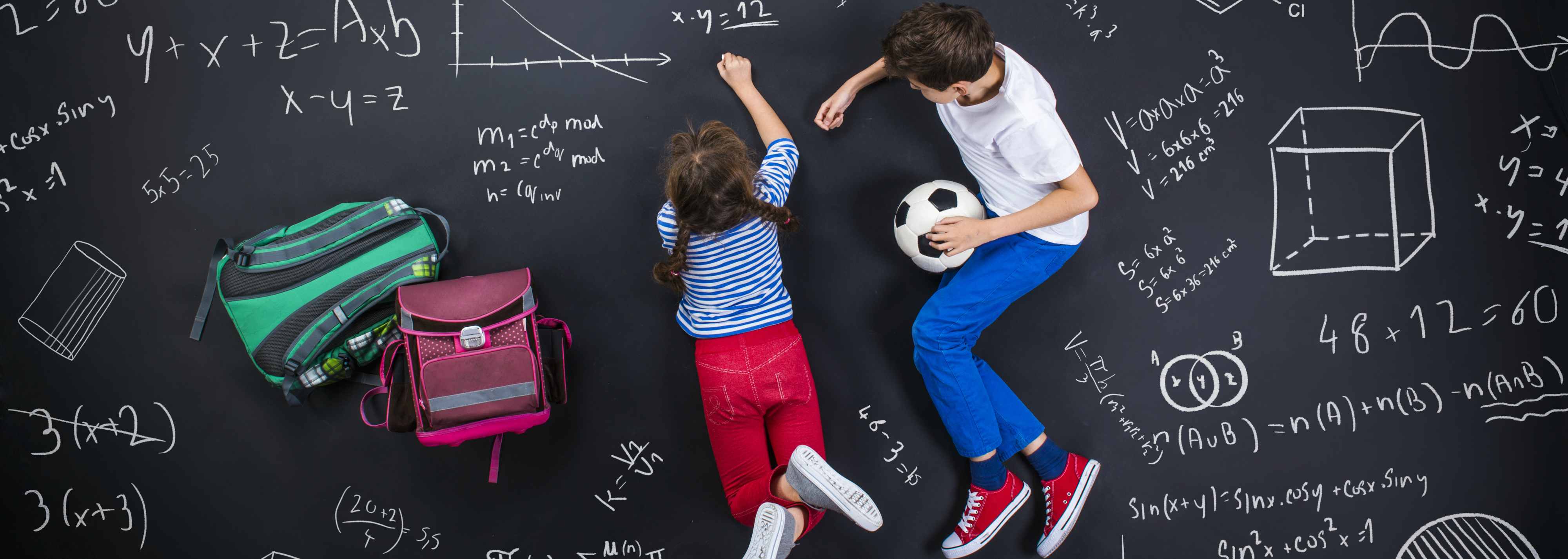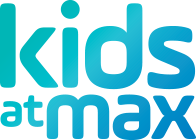
Why is it so difficult for my child to learn at school?
My child is doing very well at school, but he/she seems bored.
Why are my child’s academic results not improving despite numerous interventions?
My child seems to have comprehension problems.
It takes a really long time for my child to read a simple storybook.
My child has no “sense of maths” —as though he/she doesn’t understand how numbers work!
My child is very creative, but he/she seems to have difficulty putting ideas on paper.
School and learning are stressing my child out.
What?
Educational assessments are something that might be recommended by your child’s psychologist and they are used to determine an individual’s academic and learning ability. A comprehensive educational assessment consists of a cognitive test and an achievement test. Depending on the need, sometimes only the achievement test is required. In particular, the achievement test will assess an individual’s competency in:
- Reading: fluency, comprehension, accuracy
- Writing: spelling, handwriting, composition
- Maths: maths knowledge and reasoning
- Oral expression: listening comprehension, expressive language
Why?
There are many reasons why an educational assessment is done as part of an overall plan to support your child’s needs and behavioural and learning development. For instance:
- To identify an individual’s strengths and weaknesses in academic abilities
- To assist in exploring an individual’s overall learning difficulties and needs
- To assist in developing learning strategies and recommendations
- To assist in the examination of specific learning disabilities, for example:
- Dyslexia: Difficulties in reading, comprehension, writing and spelling (language-based)
- Dyscalculia: Difficulties in understanding numbers, math concepts and solving maths problems
- Dysgraphia: Difficulties in written expression including handwriting, spelling and composition
How?
In a comprehensive educational assessment, your child’s psychologist will usually cover the following:
- Gathering comprehensive background information through interviews with your child, yourself (parents or guardians) and school teachers
- The administration of standardised tests by trained psychologists
- A feedback session (& the provision of a report) to explain findings, provide recommendations and opportunities to clarify information
Here at Kids At Max, we provide educational assessments for children aged between 2 years & 6 months to 16 years.
For further information on our children assessment clinic, to book for an educational assessment with a child psychologist in Melbourne or simply to discuss if an educational assessment is right for your child, please contact Kids At Max on (03) 9702 4447.
Written by Kids At Max Psychologist
